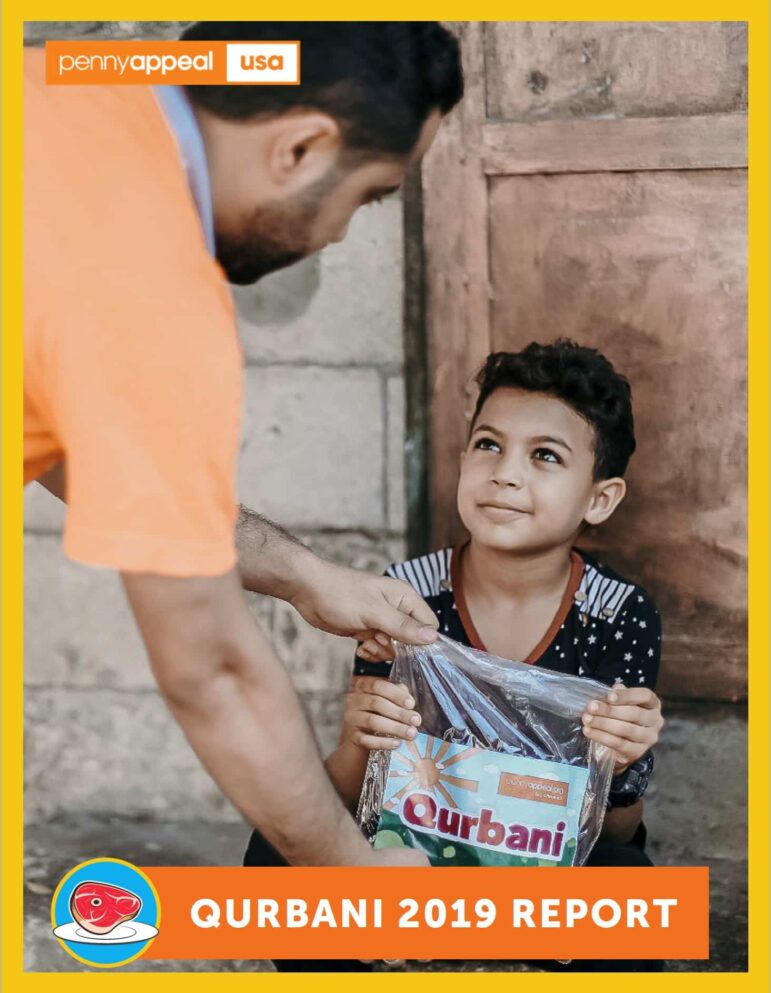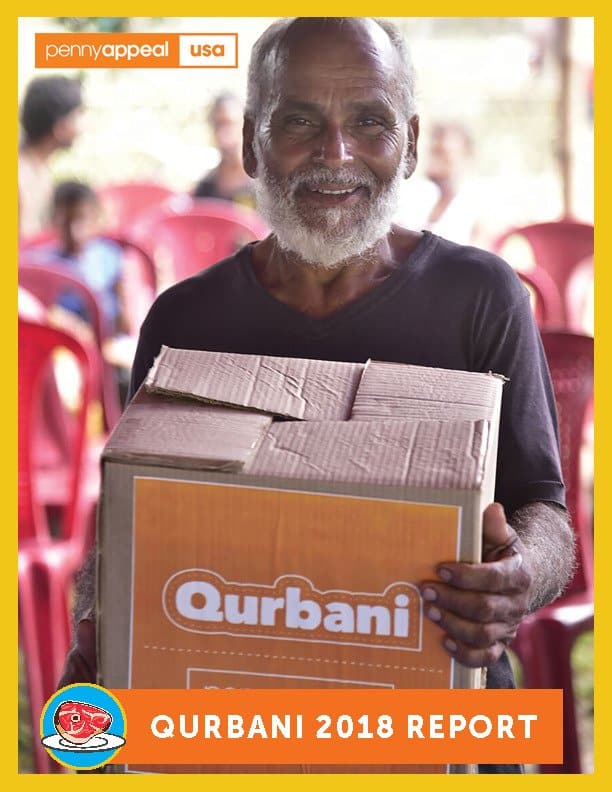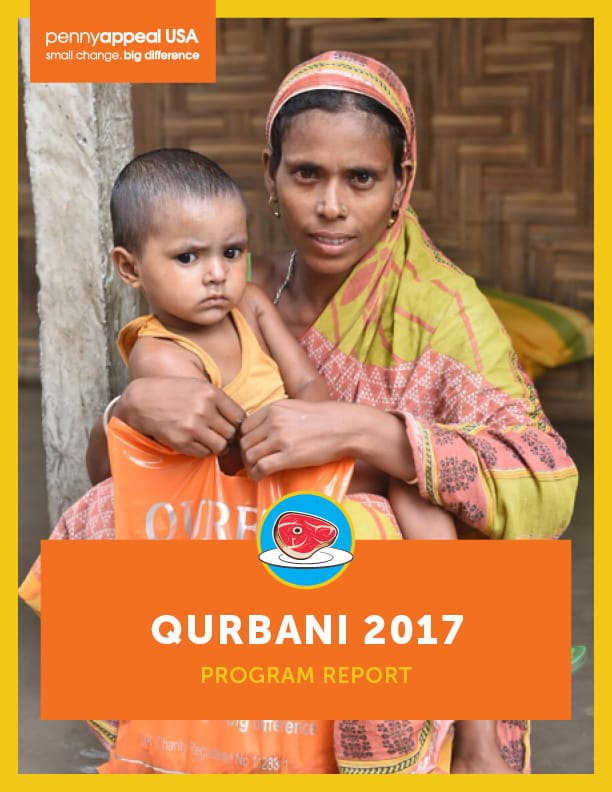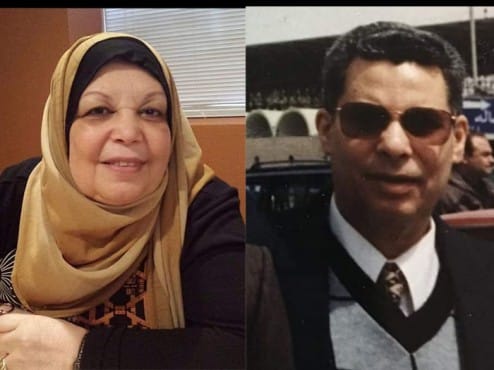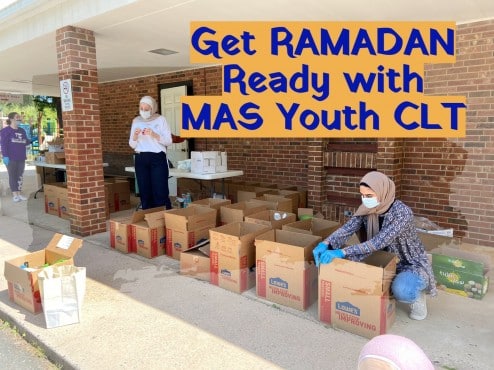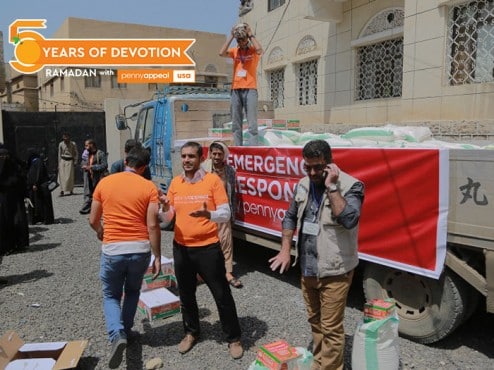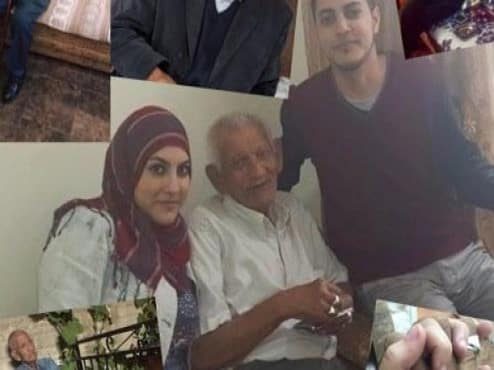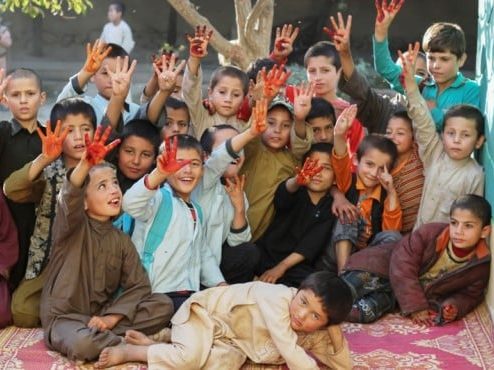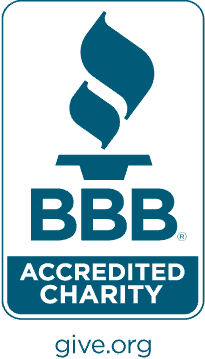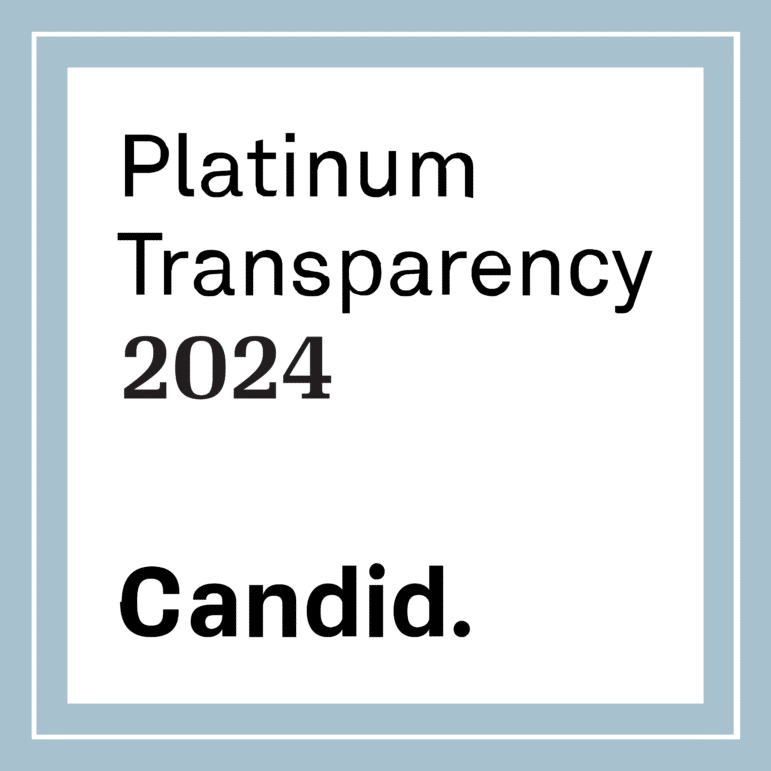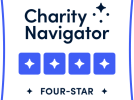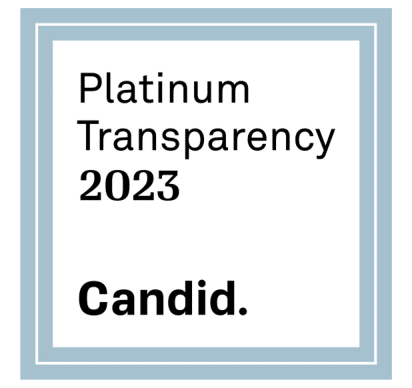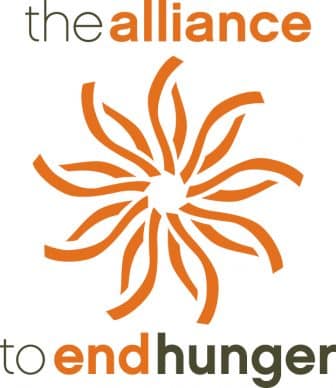
Fitra, Fidyah, & Kaffarah
Your Fitra helps families celebrate the joy of Eid and your Fidyah and Kaffarah will help provide millions of nutritious meals to families around the world.

All Penny Appeal USA programs are Zakat-eligible
Zakat is an annual charitable payment that goes on to benefit those in need and is a Religious obligation for Muslims everywhere.
Your Zakat is a beautiful pillar of Islam that allows you to care for orphans and the elderly, provide food and water, deliver healthcare and education, or even provide emergency aid to those struck by disaster.
Read Our Zakat Policy
- All zakat donations received by Penny Appeal USA are internally tagged as zakat and are ring-fenced for use exclusively for zakat-eligible programs.
- When a zakat donation is designated to a certain program by a donor, this restriction will be respected and the funds are used solely for the donor’s intended purpose, unless doing so becomes impossible due to external circumstances.
- When a zakat donation is not designated to a specific program by the donor, Penny Appeal USA allocates the funds to specific projects matching one of the eight categories of zakat-eligible programs as outlined in the Quran (see below). Note that Penny Appeal USA strongly encourages donors to make their donations unrestricted this way, as it provides us with the greater flexibility to respond to urgent needs.
- Zakat-eligible projects are identified based upon need and in accordance with the eight categories noted in the Quran (9:60):
- ‘al fuqara’ (the poor)
- ‘al masakin’ (the chronically needy / indigent)
- ‘al amilina alayha’ (the administrators of zakat funds)
- ‘al mualafati qulubhum’ (those that incline their hearts towards good)
- ‘f’il riqabi’ (freeing of slaves / those in bondage)
- ‘al gharimina’ (those in debt)
- ‘f’il sabili-llahi’ (in the way of God)
- ‘al sabili’ (the traveler)
- In line with category C (“the administrators of the funds”), a portion of the zakat funds collected are eligible to be allocated toward covering operational costs. To date, Penny Appeal USA is proud to have taken 0% overhead related to all Zakat donations. We continue to aspire to this number as our benchmark, while mandating internally that our overhead never exceeds 12.5% of all incoming zakat donations.
- We are able to maintain this level of overhead for zakat by drawing from our pool of unrestricted sadaqa funding. If you support our low-overhead Zakat policy, we ask that you make a donation allocated to “Where Most Needed” to help defray our operations expenses at pausa.org/donate.
- As Penny Appeal USA follows the best-practice nonprofit model of localization of aid, we often rely on on-the-ground partners within the countries in which we work for logistics and distribution. These organizations often, understandably, require their own expenses in order to operate. However, Penny Appeal USA factors in these expenses to our overall overhead cap of 12.5%, so that this percentage is not exceeded for the totality of a donation. For example, if a donor gives $100 to Penny Appeal USA, between our organization and all partners the overall overhead will not exceed $12.50.
- Penny Appeal USA agrees with the position that Zakat donations are intended for distribution as immediately as is feasible, rather than for accumulation by the distributor. However, we regularly take steps to balance this commitment with our obligation to honor the intentions of our donors, as well as shifting realities on the ground in the countries in which we operate. As such, we make every effort to disburse zakat funds as rapidly as possible, with the intention of not later than within one calendar year of their collection, recognizing that circumstances outside of our control may occasionally necessitate a longer holding period of the funds.
Fitra, Fidyah, and Kaffarah
With Penny Appeal USA, your Zakat Al-Fitr brings joy to families on Eid and your Fidyah and Kaffarah will provide millions of nutritious meals to families in need around the world. Through your support, we are creating generational impact through sustainable programming.
$12 per Family Member
Fitrana is due on every member of a household, including any children or elderly persons before Eid prayer.
$15/Day or $450 for all of Ramadan
Give Fidyah for fasts missed through ill health or pregnancy, which cannot be made up afterwards for legitimate reasons.
$900 A Day
Give Kaffarah if fasts are broken without allowable reasons and the compensatory two months of fasting is not possible. The estimated cost of Kaffarah is $15 per person for 60 people, which equals $900 a day for each missed or broken-fast day.
(Fiqh Council of North America)
Zakat Al-Fitr is a form of charity that Muslims are required to give at the end of the holy month of Ramadan, before the Eid prayer. It is an obligatory charity for all Muslims, regardless of their age or financial status. The purpose of Zakat Al-Fitr is to provide assistance to the poor and needy during the Eid Al-Fitr celebrations, so that they too can enjoy the festive occasion. It is also meant to purify the fasting person from any shortcomings or mistakes made during the month of Ramadan.
Fidyah is a form of religious donation or compensation in Islamic law, which is paid by those who are unable to fast during the month of Ramadan due to a valid reason, such as illness, pregnancy, or old age. It is also applicable to those who miss or break their fast due to travel or other unavoidable circumstances.
Fidyah is essentially a payment made in lieu of fasting, and it is intended to help the needy and the poor. It is calculated based on the number of days missed and the cost of providing food to a needy person for each day. The standard amount of fidya is the equivalent of providing one meal a day for a person in need for each missed day of fasting. This can be given in the form of money or food.
Kaffarah is a form of atonement or expiation in Islamic law that is required for certain violations or breaches of religious obligations. There are several instances in which kaffarah is required, such as breaking an oath or vow or intentionally missing a fast during Ramadan without a valid excuse. Kaffarah is meant to serve as a form of reparation for the offense committed and to encourage the individual to repent and seek forgiveness from Allah SWT. It is also intended to help those who are less fortunate and to promote the values of charity, compassion, and social responsibility.
Support more Penny Appeal USA programs
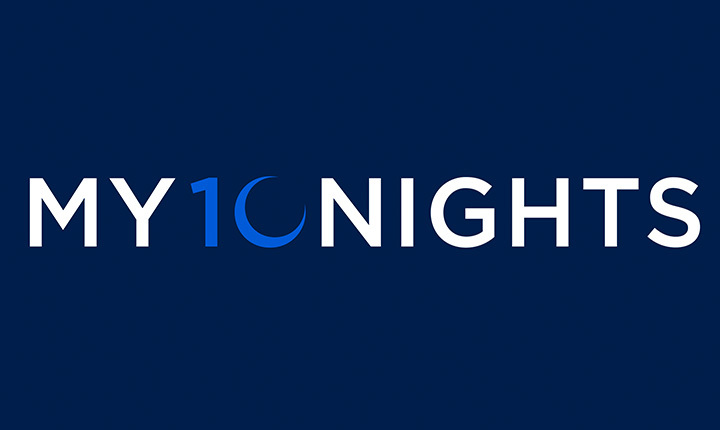
Automate your giving with MyTenNights.
We’ve partnered with MyTenNights to help you automate your giving during the last ten nights of Ramadan. By automating your donations and zakat, you don’t have to go online every night and donate.
Support Penny Appeal USA on LaunchGood
Set Love In Motion with Penny Appeal USA this Ramadan by feeding the hungry, building wells, and sponsoring orphans or creating your own fundraiser for a Penny Appeal USA cause!
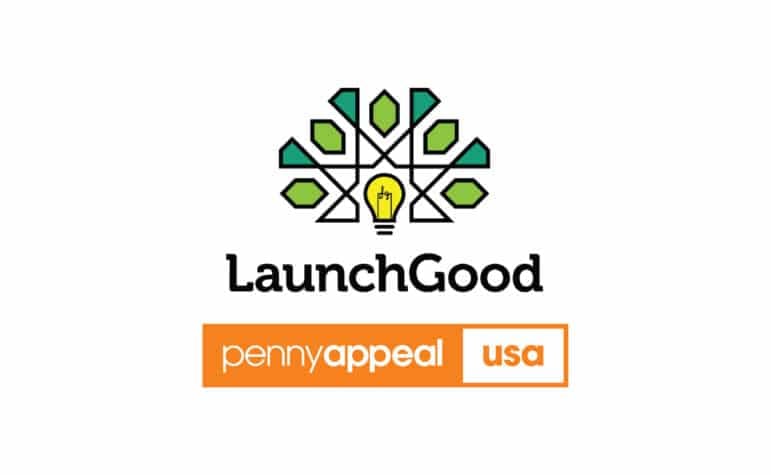

Confused about Zakat? Download our Zakat Guide!
Zakat FAQs
If you have any more questions, please feel free to chat with our team.
In Arabic, zakat means purification, growth and blessing. It is a charitable practice that requires all able Muslims (those who meet the requirement of zakat as dependent upon nisab and hawl—see below) to contribute a fixed portion of their wealth – 2.5% of savings — to help the needy.
Zakat is not only a means to purify one’s wealth but it is also a spiritual purification which serves as a means to draw an individual closer to God. As one of the scholars said, “the soul of one who gives zakat is blessed and so is his wealth”. It is quite clear from the above narration that in addition to being a moral obligation, Zakat is also a spiritual one which is why millions of Muslims every year give Zakat to the poor.
'In their wealth there is a known share for the beggars and the destitute.’ (70:24-25)
Nisab is the minimum amount of wealth a Muslim must have—after calculating necessary expenses—to be eligible to contribute zakat. The nisab is determined by the current value of gold or silver. While some scholars encourage everyone to use the silver nisab value because it is the safest opinion and increases charity for those in need, it is ultimately up to the Zakat giver to determine which value they prefer to use. The majority today use the gold nisab equivalent.
Nisab is equivalent to the current value of 3 ounces of gold or 21 ounces of silver. The nisab we’ve calculated for our Zakat Calculator is based on the most-recent report available to us (disclaimer: this number may change daily depending on fluctuations in the gold exchange rate).
For a detailed list of wealth to include, please see our Zakat Calculator
These stipulations delineate the type of wealth that should be accounted for when calculating zakat:
The wealth is yours and under your control. You do not need to include outstanding debts when calculating zakat.
The wealth is subject to development and increasing.
After calculating necessary expenses, the wealth meets the requirements of nisab.
Personal belongings, such as clothes, primary homes, food, cars, are exempt from zakat.
You may make your zakat contributions toward any of our funds or projects. It is your intention that counts in this case. However, if your contribution is specifically made to our Zakat Fund then we will follow specific zakat guidelines.
Zakat-eligible projects are identified based upon need and in accordance with the eight categories noted in the holy Quran:
- ‘al fuqara' (the poor)
- ‘al masakin’ (the chronically needy / indigent)
- ‘al amilina alayha' (the administrators of zakat funds)
- ‘al mualafati qulubhum’ (those that incline their hearts towards good)
- 'f’il riqabi' (freeing of slaves / those in bondage)
- ‘al gharimina' (those in debt)
- 'f’il sabili-llahi' (in the way of god)
- ‘al sabili' (the traveller)
Yes. You may use the current value on stocks.
Zakat al-Mal (commonly called “zakat“) is due when a person’s wealth reaches the nisab amount and can be paid anytime during the year. Zakat al-Fitr is paid by the head of the household for each member of the family, before Eid al-Fitr prayer. Zakat al-Fitr is about the price of one meal—estimated at $10 in 2021.
Zakat al-Fitr should be paid on behalf of everyone in the family. There are some scholars that recommend that Zakat al-Fitr is also paid on behalf of unborn children after the 120th day of pregnancy, but do not view it as obligatory. Most scholars do agree, however, that Zakat al-Fitr should be paid on behalf of the baby after his/her birth. Please do consult with your local imam or scholar for further clarification.
It should be paid before Eid prayer (or any day during Ramadan). There are some schools of thought that also allow for Zakat al-Fitr to be paid even before Ramadan. Consult with your local imam or scholar if you need additional information.
Give Your Zakat with Penny Appeal USA
Transform Lives with Your Zakat
Your Zakat fuels change. At Penny Appeal USA, all of our programs are zakat-eligible. That means your zakat can bring nutritious meals to families, sponsor an orphan, provide a well, and more!
Donate your Zakat to any of our Zakat-eligible appeals today:

Education First

Feed Our World

Thirst Relief


Emergency Response

Income Generation
OUR IMPACT



